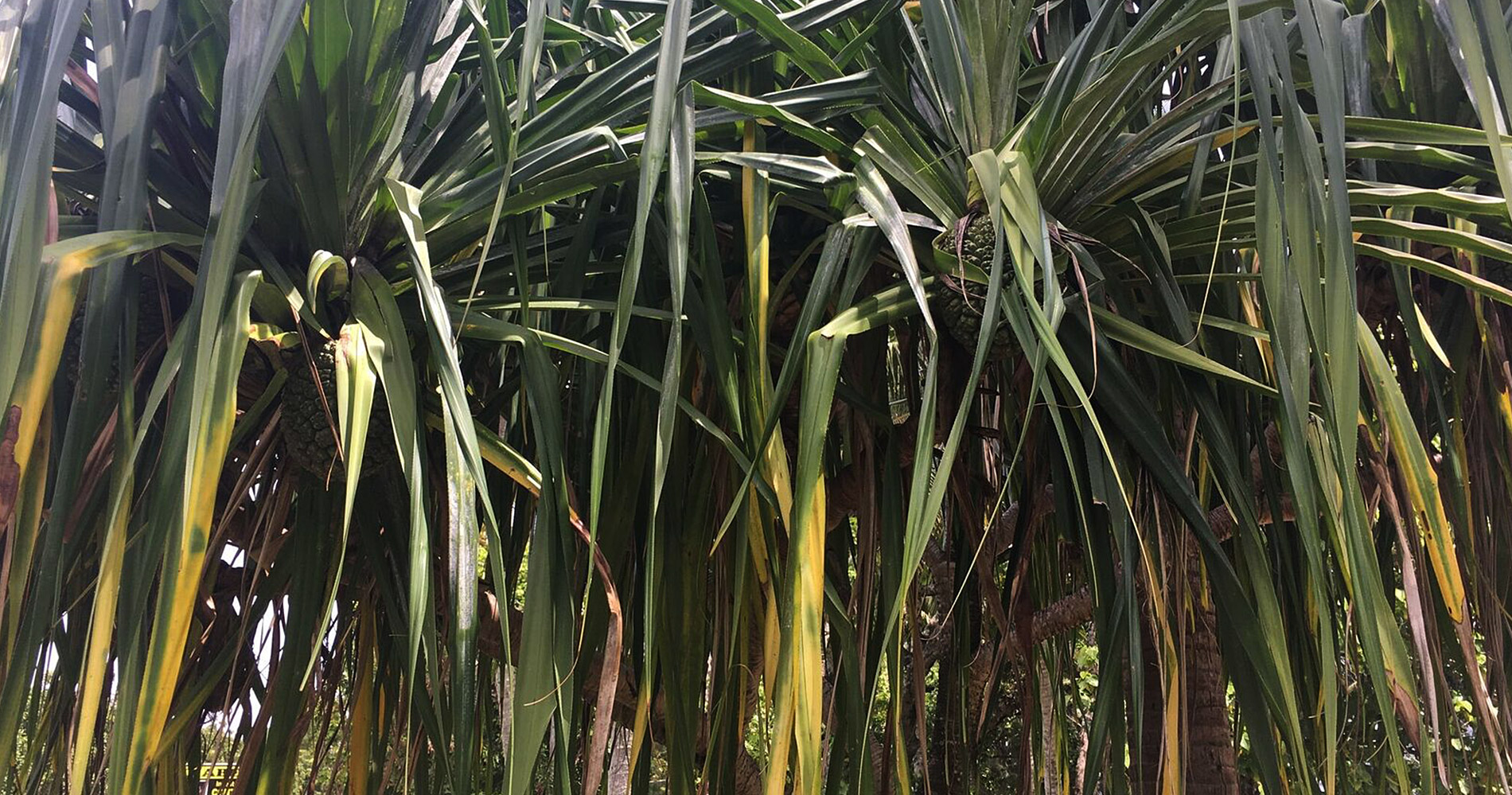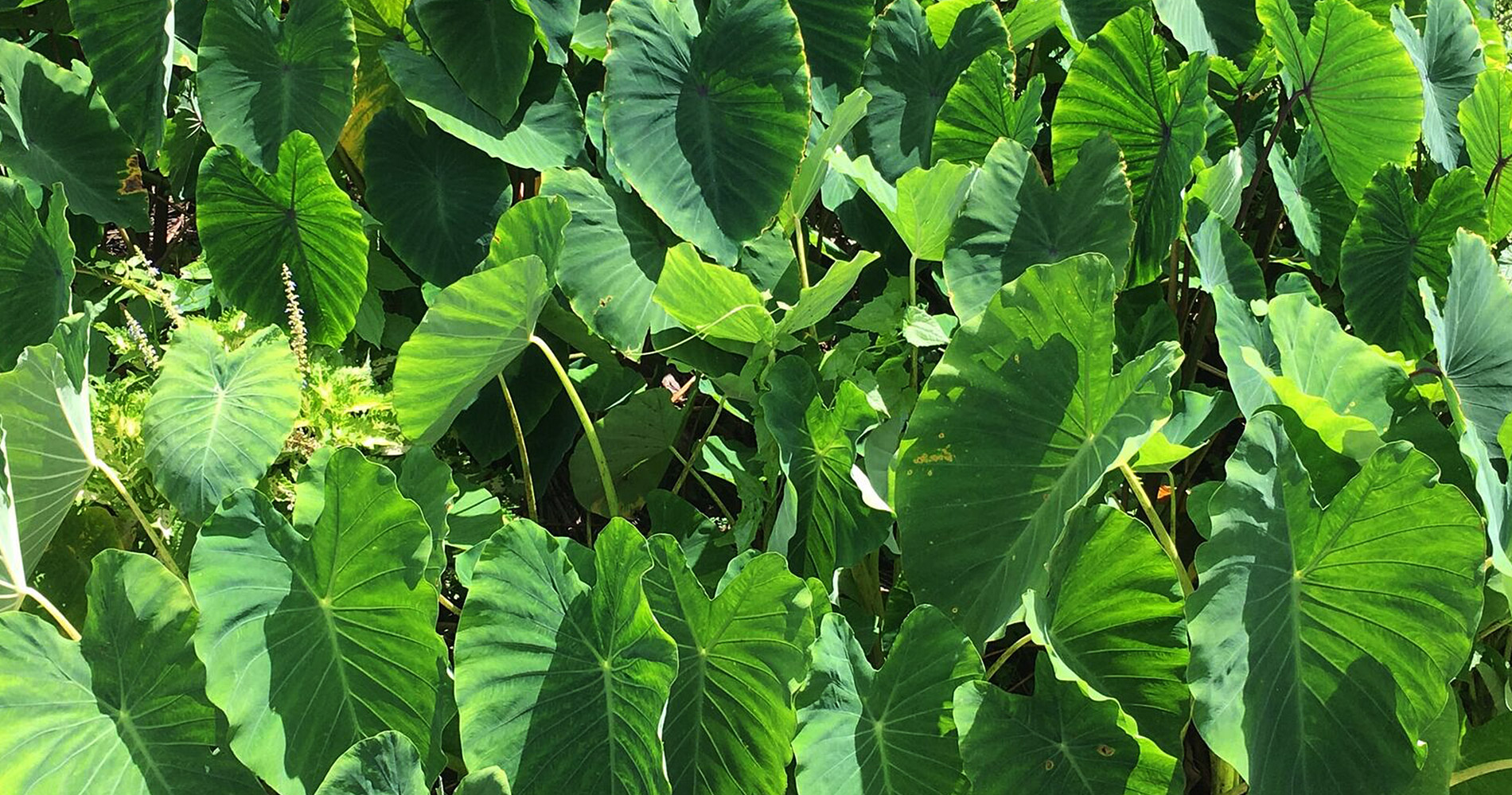Rarotonga(n)
1.
(a) above: Kua riro mai rātou 'ei au kāmuta. They became carpenters; Kā riro 'aia 'ei tangata meitaki i te pāpōro. He's going to tun into a good cricketer; Ka tiaki tāua 'ei rā ua. Let's wait for a rainy day.
2.
Introducing an infinitive of purpose in the construction ‘ei + verb (+ object). E tao‘i koe iāia ‘ei ‘aka‘oki mai i te pātikara, take him along with you to bring the bike back; Ka ‘inangaro tangata ‘aia ‘ei kō i te ‘ārāvai, he wants men for digging out the ditch; Ka tīpū au i tēia rākau ‘ei ma‘ani vaka, I‘m cutting up this wood to make a canoe; Tērā mai ‘a Tua ‘ei tauturu iā koe, here comes Tua to help you..
3.
Before nouns, with the determiner intervening (unless the noun is locative): at, on with ref. To future time or location (cf. Tei), i.e. (subject) shall/will/should be at (the stated place) or on (the stated time). I tōku manako, ‘ei te pō Varaire tāua ka ‘aere ei ki te teata, I think that on Friday night we should go to the cinema; ‘Ei kona koe, ‘ei konei au, ‘ei kō ‘a Pā, you be there (where you are), I‘ll be here, and Pā over there; Kia oti tā‘au ‘anga‘anga, ‘ei reira koe ka ‘aere mai ei, get your work finished, then you shall come; ‘Ei runga tēnā tua, ‘ei raro tēia, your end wants to go on top, mine should be underneath; ‘Ei (i)ā Tere te pōro, let Tere have the ball; Kāre e kino, ‘ei te ‘ura au, ‘ei te teata koe, never mind, I‘ll go to the dance and you can go to the pictures.
4.
Before nouns, but with no determiner intervening: (a) as, for (i.e. To serve as, for the purpose of): kua ma‘ani‘ia tēia ‘are ‘ei ngā‘i tāmataora nō te māpū, this hall was built as an amusement centre for the young people; E ‘apai i tēnā au rākau mangamanga ki ta‘atai, kāre e meitaki ‘ei koro, take those forked sticks down to the beach, they‘re no good for fencing; ‘Ei a‘a tērā pi‘a, what’s that room for?, what’s that room going to be?; ‘Ei a‘a koe kia kite?, what do you want to know for? (b) in the construction ‘ei + noun (+ subject), where the subject is an infinitive of purpose introduced by te: ‘ei toki koi te pari i teia au pū rākau, to fell (or felling) these trees will require a keen axe, it‘ll need a keen axe to fell these trees; (c) introducing the complement of riro become, turn into, and of some other factitive verbs like ‘anga create, ‘akataka choose, ‘iki elect, ma‘ani make, cf.


